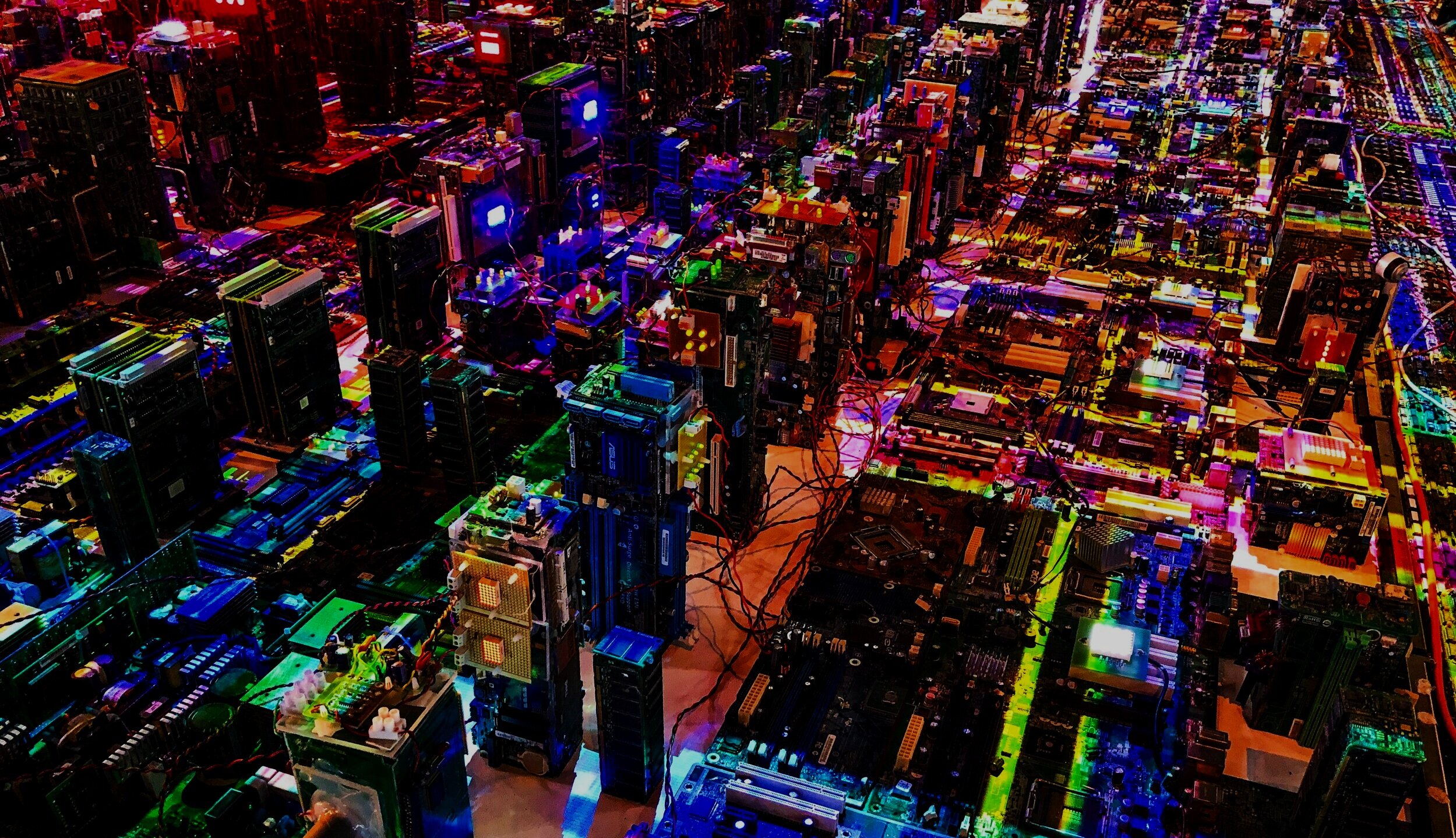
SCADA:
Supervisory Control & Data Acquisition
What is SCADA?
SCADA stands for Supervisory Control and Data Acquisition. It is the interface that controls your process while collecting data. SCADA provides the screens to monitor the process, configure setpoints, manage alarms, trends, and the overall health of the process.
SCADA Gives You the Power to:
Control your process—either locally on site at the facility, or remotely from anywhere with an internet connection
Monitor, process, and store real-time data
Record events and examine trends
Manage alarms
Visualize your process in real-time
A well designed SCADA system will give your operators everything they need to run the facility. It will provide context and actionable information for any process anomalies, and it should stay out of their way when everything is running smoothly.
SCADA also forms the backbone of your information systems. It has the connection for taking the data from your process equipment and PLCs and then stores it in process historians and databases.
If there’s any automation in your facility, you will want a SCADA system. With a SCADA system, you can get the most out of your investment in the facility, make your operators as productive as possible, and build the foundation for larger MES integrations.
Learn more: Acronyms Are Hard: SCADA
Two Reasons You Need a SCADA System
Process Monitoring and Control
Data Analysis
Monitoring and Control:
A SCADA system centralizes all of your process control operations. It connects to individual machines, PLCs, and any other systems you use for controlling your process.
Facilities without a SCADA system need operators to run, monitor and interact with multiple individual machines to control and monitor the process. If any setpoints need to be adjusted, or any alarms handled, the operators may not be alerted immediately. This can be stressful in the best of times. In a critical situation, this raises the risks of damage to equipment or injuries as people try to figure out what is going wrong.
Instead, imagine monitoring and controlling the entire facility from the comfort of the control room. With a single interface and a view of the entire process—including alarm notifications, setpoints, and data collection—all leveraged to reduce the stress on your crew.
With a centralized system, you can even view the screens on your phone, get alerts as they happen, and see the same identical view as your operators when they have questions.
Data Analysis :
While the SCADA system is controlling the process on the plant floor, the process historian is collecting and storing data. Using this data, you can monitor trends and dig into what the information actually means for your process. Then, you can begin drawing conclusions and making smarter business decisions to continually improve your process.
For example, if your motors are showing a higher than normal amp draw—and it gets worse during the course of a shift—it might be time for preventative maintenance. If you find your compressors are cycling too often to supply air to the facility, you might need to check them, or get a larger unit. Monitoring equipment in order to maintain and balance it—thus extending equipment life—is a quick ROI on a SCADA implementation.
Learn more about Process Historians in our Process Historian Overview.
Software Platforms
There are many SCADA platforms on the market, and we have extensive experience building and migrating many different platforms at Corso Systems. One of the most important factors in choosing a platform is to ensure that it can grow and expand with your needs over time. We work exclusively with Inductive Automation’s Ignition platform, or with companies who want to use our automated conversion tools to convert from another platform to Ignition. While there are other options out there, we have found Ignition to be the leader in SCADA applications across all industries. Ignition also allows you to integrate any technology across your entire company! If you have questions or are curious about how you can easily migrate to Ignition from other platforms, let us know!


